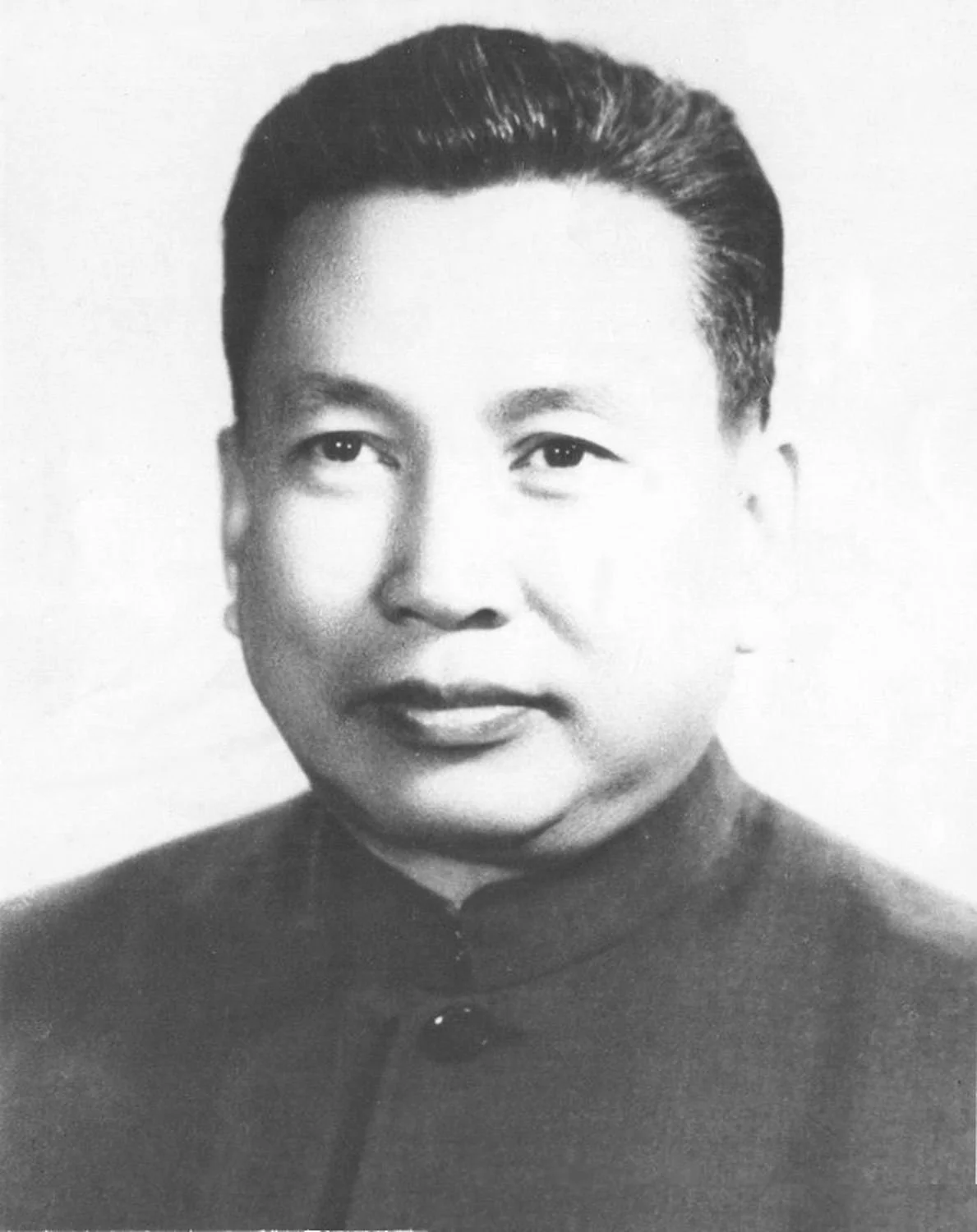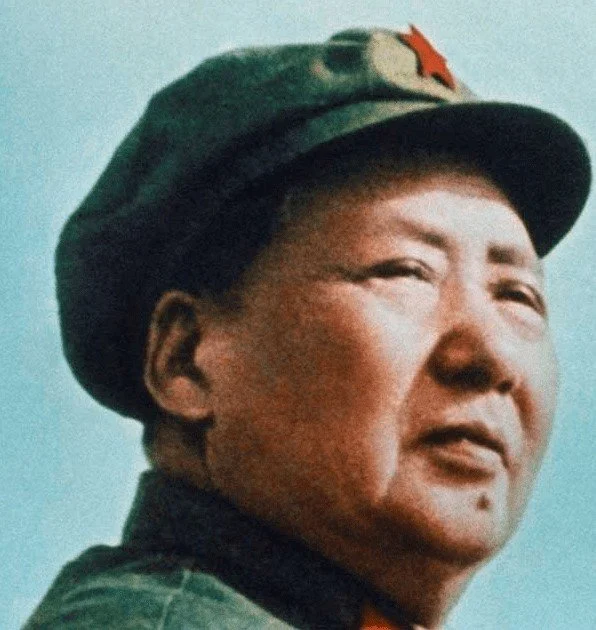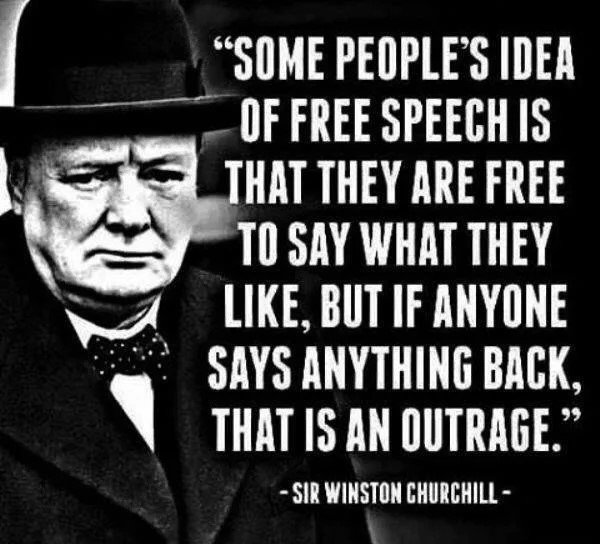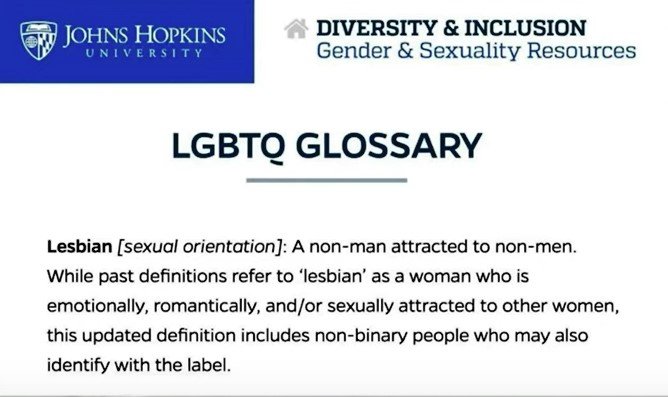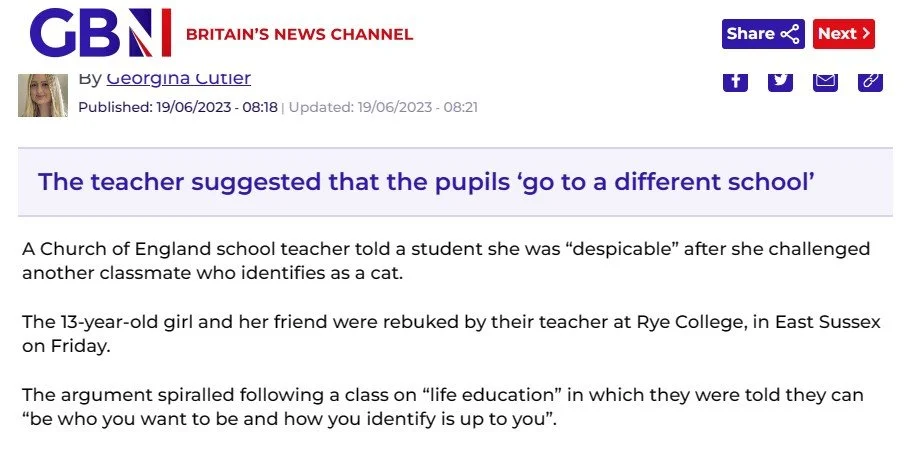“The one thing that doesn’t abide by majority rule
is a person’s conscience.”
— Atticus Finch —
There are calls in many countries to limit free speech. Is it ‘Christian’ to say what you believe knowing that it might hurt someone’s feelings, or is it better to curtail what we may say? A step further — is it moral to compel the use of certain words or phrases?
Free Speech is a Human Right as defined by the United Nations Universal Declaration of Human Rights, 1948:
“Everyone has the right to freedom of opinion and expression;
this right includes freedom to hold opinions without interference
and to seek, receive and impart information and ideas
through any media and regardless of frontiers.”
The 1950 European Convention on Human Rights has a similar clause.
In Ireland the freedom of speech is protected by Article 40.6.1 of the constitution (with some caveats.) The Bill under consideration — The Criminal Justice Incitement to Violence or Hatred and Hate Offences Bill — will define a hate crime as any criminal offence which is perceived by the victim, or any other person, to have been motivated by prejudice. Such prejudice can be based on a person’s age, disability, race, colour, nationality, ethnicity, religion, sexual orientation, or gender.
The big, big difficulty with this Bill is that “hate” is based on a subjective perception of prejudice and will not require objective evidence. “Hate Speech” could be as simple as not using someone’s “preferred pronouns” either in error or by design. [Personal pronouns are alternatives to “he” & “she” such as E, Er, Zie, Xi, Ey, Fae, It, Ne, Ner, No, One, Per, etc. etc.]
The zealots will brook no dissent: a UK doctor was fired in 2019 for not using the preferred address of “Madam” for a 6 ft tall, bearded Trans-woman.
(Click this link to hear Jordan Peterson opposing the required use of preferred personal pronouns.)
The UN is even suggesting that Free Speech — as in "Hate Speech” — causes Genocide!
GENOCIDE
Gutteres seems to suggest that a hate-speech law could have avoided the Holocaust — just think about that for one second. We already have laws against the incitement of violence against particular groups, but that is a far cry from barring speech which may hurt someone’s feelings.
Absolutely, Hitler spewed hateful speech against the Jews and others, but no German law would have stopped him: he was the Führer!
Free Speech allowed Churchill to oppose Hitler and to defeat him. Imagine what might have happened if Churchill was gagged by a British hate speech law.
Dictators restrict free speech before committing genocide or a mass killing. Look to Stalin’s purge of the USSR with 20-60 million non-combatant deaths; Mao Zedong’s Great Leap Forward killing 55 million; Pol Pot’s killing fields where 3 million died; Hitler’s Holocaust of 7 million, and on and on.
What the UN is suggesting can only benefit the next bloodthirsty dictator when they can claim “hurt feelings” from “prejudice” after being confronted.
Stalin
Pol Pot
Chairman Mao
FREE SPEECH
The usually accepted view of Free Speech is that it includes the ability say that which may cause offence to others — excepting speech which is likely to cause immediate physical harm (e.g. shouting “FIRE” in a crowded auditorium) or damage a person’s reputation untruthfully (slander.)
Wonderful examples of free speech in England occur at Speakers Corner in Hyde Park every Sunday. The right to speak your mind there on most any topic arose about 800 years ago when Tyburn Gallows were installed in Hyde Park. Each of the 50,000 prisoners executed there were allowed to make a speech — be it a confession, an apology, or a plea of innocence.
Britain's Lord Justice Stephen Sedley cited the spirit of Speakers' Corner when he famously ruled that: "Free speech includes not only the inoffensive but the irritating, the contentious, the eccentric, the heretical, the unwelcome and the provocative provided it does not tend to provoke violence. Freedom only to speak inoffensively is not worth having."
The pinnacle of free speech is when two people come together in good faith to dialogue and share what they know — with the aim of both reaching greater understanding: a dialectic. This will never occur if one side can trump the conversation by claiming “prejudice” and “offence.”
We have to be aware that some speech arises from ignorance, lies, misrepresentation, deceit, jealousy and any number of other reasons.
We should be wary of the government defining their version ‘of the truth’ — as in propaganda. Free Speech is not the pushing of pornography to minors — that is grooming. If you want freedom in the future, never, ever, agree to a Digital Currency which leads too easily into a Social Credit system. Look to China or remember how easily Justin Trudeau blocked personal bank accounts after invoked the Emergencies Act during the truckers demonstration in Canada.
An important aspect with the Freedom of Speech is that“…no one is obliged to help any speakers publish their views, and no one is required to listen to, agree with, or acknowledge the speaker or the speaker's views.” [Wikipedia]
JESUS CHRIST & FREE SPEECH
Jesus frequently sought a dialectic in the Temple and was crucified for telling the truth. He is the Poster Boy of free speech!
There were laws prohibiting much of what Jesus said and did, such as healing the sick & lame on the Sabbath. He could be very judgemental and Jews could reasonably claim that he was prejudiced against their religion!
Two Commandments deal with speech. “You shall not bear false witness against your neighbor” falls under the restriction of slander. Then there is:“You shall not take the name of the Lord your God in vain” which exhorts us not to blaspheme but we have the free will to do otherwise. It is a choice we make out of respect for God (though some misuse the gifts of free will and free speech!)
Free Speech is a fundamental tenet of western civilization, arising in large part from Christianity.
MODERN OUTRAGE
Churchill predicted a modern problem: “Some people's idea of it is that they are free to say what they like, but if anyone else says anything back, that is an outrage.” Today we see hysterical people screaming their indignation anonymously through TikTok videos or rants on Twitter or the like. The outrage in the clip below does little to achieve any practical communication: these people cannot possibly reach a dialectic with an opponent.
Our modern society has more problems than such outrage. Language has been weaponized by the Left and the Trans lobby. For example, John Hopkins University just redefined the terms “woman” / “women” to “non-man” / “non-men.” (Curiously without defining “man”!)
Also, we are being bullied into validating aberrant behaviour — or possible mental illness — such as the adolescent below who “identifies” as A CAT!
God help us if these behaviours receive the full protection of the law.
The zealots are going even further — they are policing what people think. Isabel Vaughan-Spruce was charged with the crime of praying silently beside an abortion clinic.
CONCLUSION
In Harper Lee’s, To Kill a Mocking Bird, Atticus Finch is the soft-spoken unassuming American hero whose conviction is to speak the truth — however difficult that may be:
“Before I can live with other folks I’ve got to live with myself.”
“I wanted you to see what real courage is, instead of getting the idea that courage is a man with a gun in his hand. It’s when you know you’re licked before you begin but you begin anyway and you see it through no matter what. You rarely win, but sometimes you do.”
“The one thing that doesn’t abide by majority rule is a person’s conscience.”
So, to answer the initial questions.
It is Christian to say what you believe to be right and true, even if it might hurt someone’s feelings in the process (not designing to hurt that person.) Adults are responsible for their own emotional response to adversity.
A step further — it is not moral to compel the use of certain words or phrases. That is totalitarianism and alien to a free society.
“The remedy to be applied is more speech, not enforced silence.” [Supreme Court Justice Louis Brandeis, 1927.]
So, the solution for hate speech is more free speech — and Rowan Atkinson agrees with me!
Kevin Hay
You can follow Kevin on Twitter @kevinhay77
[Title photo: Gregory Peck as Atticus Finch in the 1962 version of To Kill a Mocking Bird.]





